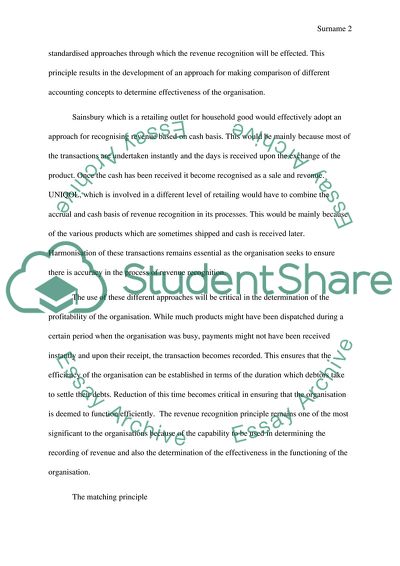Cite this document
(“Accounting principles impact Case Study Example | Topics and Well Written Essays - 1500 words”, n.d.)
Accounting principles impact Case Study Example | Topics and Well Written Essays - 1500 words. Retrieved from https://studentshare.org/finance-accounting/1667378-accounting-principles-impact
Accounting principles impact Case Study Example | Topics and Well Written Essays - 1500 words. Retrieved from https://studentshare.org/finance-accounting/1667378-accounting-principles-impact
(Accounting Principles Impact Case Study Example | Topics and Well Written Essays - 1500 Words)
Accounting Principles Impact Case Study Example | Topics and Well Written Essays - 1500 Words. https://studentshare.org/finance-accounting/1667378-accounting-principles-impact.
Accounting Principles Impact Case Study Example | Topics and Well Written Essays - 1500 Words. https://studentshare.org/finance-accounting/1667378-accounting-principles-impact.
“Accounting Principles Impact Case Study Example | Topics and Well Written Essays - 1500 Words”, n.d. https://studentshare.org/finance-accounting/1667378-accounting-principles-impact.


